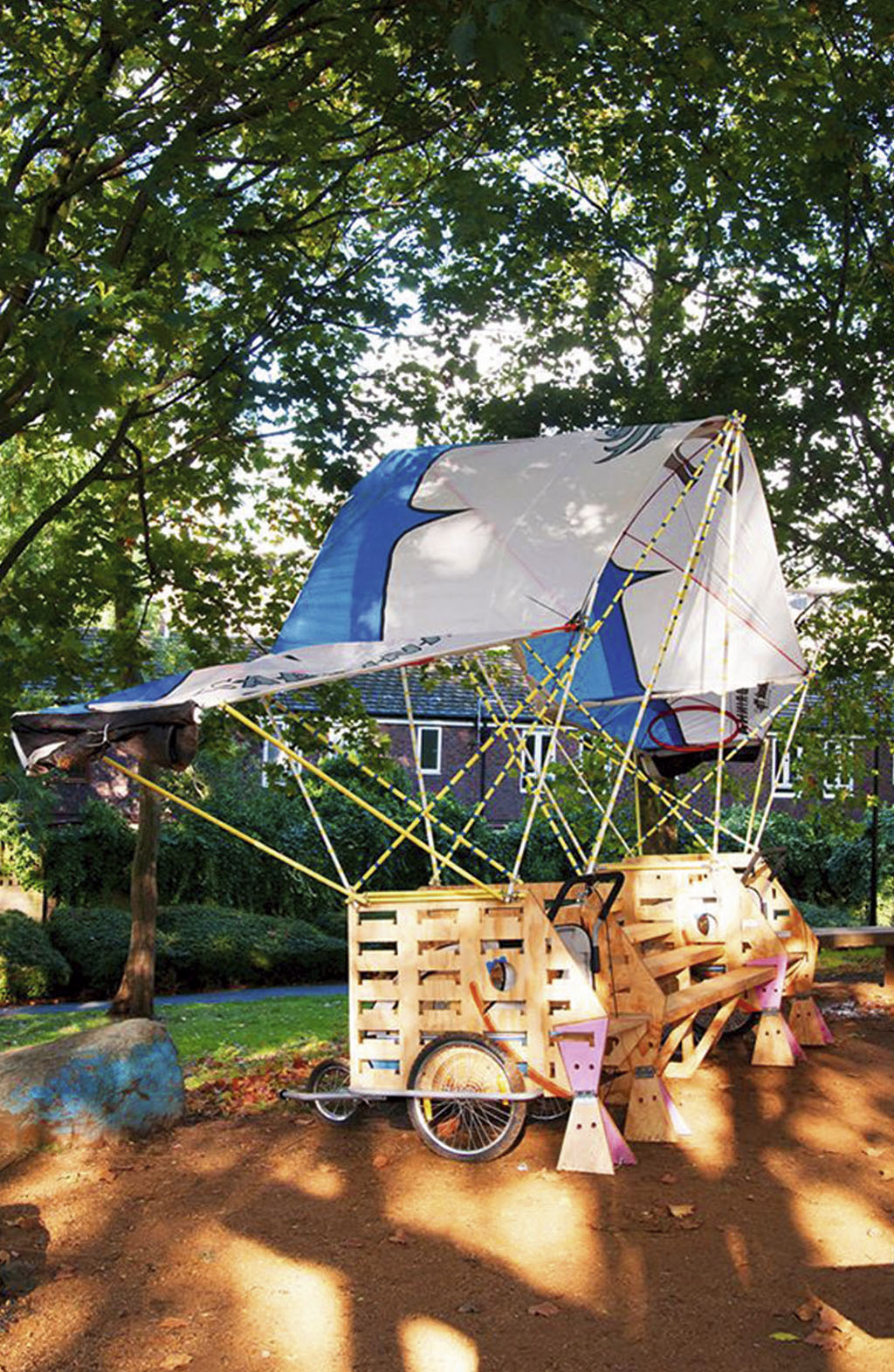12-04-24 // BETWEEN THE CITY AND THE FAMILY

Cycle to School, gates
©Izaskun Chinchilla Architects
Bernd Upmeyer interviewed Izaskun Chinchilla, who is a Spanish architect who graduated from the Technical University of Madrid, where she has been running her own office ‘Izaskun Chinchilla Architects’ since 2001. Currently, she is Professor of Architectural Practice at the Bartlett School of Architecture. Her work has been exhibited at the 8th and 10th Venice Biennale of Architecture, among other places. In her projects she proposes multidisciplinary exercises in which, through ecology, sociology or science, architecture goes beyond stylistic distinctions and meets again the complexity of real life in our contemporary world.
Social Bonds and Engagements
Bernd Upmeyer: You were born and grew up in Spain, a country in which social bonds among family members and among friends and work colleagues are known to be especially strong. Do you perceive currently a particular shift or change in the way people use their spaces and environment socially in Spain?
Izaskun Chinchilla: Well, I think the first thing that is very crucial is that we should not detach lifestyle from urban morphology. Because you never know what comes before and what comes after. And if you mean to say that Spain is a network society, both in family and social groups, I agree. But I think, Spain is very inviting for networking and Spanish cities are making that lifestyle easier. For example, the majority of cities in Spain – let us say before the arrival of the car – created this tradition with certain methodical aspects that make them very social, especially in the south. Firstly, you can easily walk in them and secondly you have a very abundant and varied number of public spaces, usually squares. In Madrid, if you look at the city centre, it is really articulated by squares. And then there is a high diversity of uses with a lot of density. It is also very walkable, with abundant meeting spaces, and with a society that is very grounded in the idea of the extended family, which means having a group of people that is really supporting you in life. However, today – which you might want to describe as a shift or change – what has been lost in Spanish cities in my opinion, is the sense of neighbourhood…
… the complete interview was published in MONU #36 on the topic of New Social Urbanism on October 16, 2023.